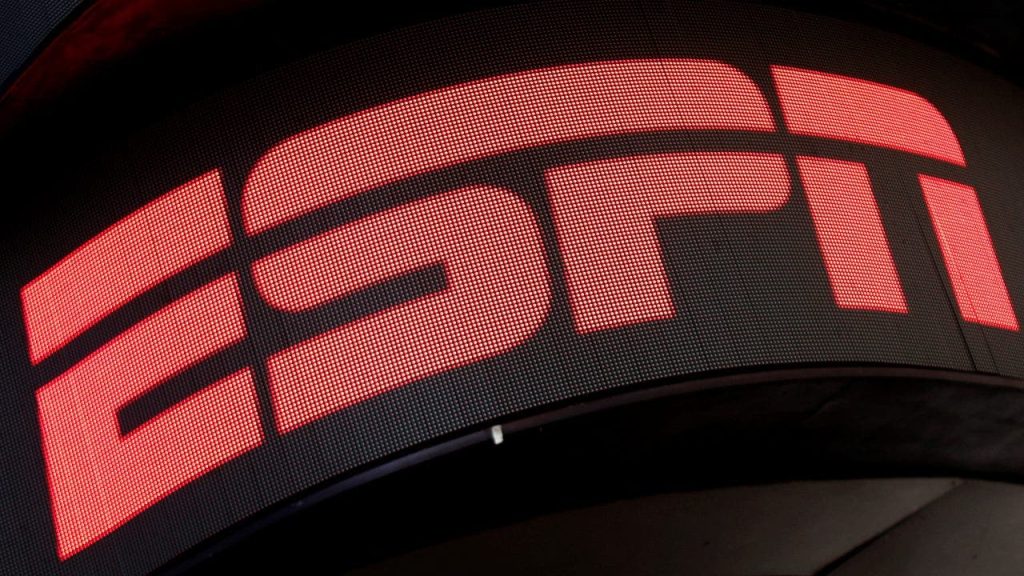The omission of the national anthem broadcast during the Sugar Bowl on January 2nd, 2024, sparked significant public backlash against ESPN, forcing the network’s Vice President, Burke Magnus, to address the controversy. Magnus characterized the failure as an “enormous mistake,” attributing it to human error on the part of the Bristol, Connecticut-based production team. He emphasized that the error was unintentional and that the individuals responsible were deeply remorseful. The timing of the game, postponed by a day following a devastating terror attack in New Orleans, contributed to the scheduling complexities and disrupted the usual broadcast procedures, according to Magnus. He insisted that the decision was not a deliberate attempt to avoid acknowledging the tragedy but rather a confluence of unfortunate circumstances.
The rescheduling of the Sugar Bowl, necessitated by the New Orleans attack, created an unusual operational environment for the ESPN broadcast team. Normal routines were disrupted, contributing to the mistiming that led to the anthem being missed. Magnus detailed how the network’s broadcast schedule was significantly altered due to the unprecedented situation, impacting staffing and timing. The confluence of these factors, coupled with the pressure of broadcasting a major sporting event under extraordinary circumstances, culminated in the unfortunate oversight. Magnus reiterated that the team involved felt a profound sense of responsibility for the error, acknowledging the significance of the national anthem, particularly in the wake of a national tragedy.
The controversy was further fueled by the network’s decision to air a message from Allstate CEO Tom Wilson during the broadcast. Wilson’s commentary on societal divisiveness, while intended to promote unity, was perceived by many viewers as inappropriate given the context of the recent attack and the absence of the national anthem. The ensuing public outcry, with some viewers threatening to cancel their Allstate policies, led the company to remove the video from its social media platforms. This incident exacerbated the already negative sentiment surrounding ESPN’s handling of the Sugar Bowl broadcast, further intensifying the criticism directed at the network.
The public outcry over the missing anthem and the controversial Allstate message placed ESPN under intense scrutiny, prompting a belated attempt at rectification. The network subsequently aired the Sugar Bowl’s national anthem performance during a Thursday edition of “SportsCenter.” However, this gesture was largely viewed as insufficient and too late to mitigate the damage. The attempt to make amends underscores the significance of the national anthem in the context of sporting events and the public expectation for its respectful inclusion. The incident highlighted the sensitivity surrounding national symbols, especially in the aftermath of tragic events.
Learning from the Sugar Bowl incident, ESPN took proactive measures in subsequent broadcasts to avoid a repeat of the controversy. During the Orange Bowl on January 9th, the national anthem was prominently featured, demonstrating a renewed commitment to respecting the traditional pre-game ceremony. Further emphasizing this commitment, a prayer was included before the Cotton Bowl game on January 10th. These actions reflect ESPN’s recognition of the importance of acknowledging national traditions and sensitivities, particularly in the context of major sporting events. The network’s response demonstrates an understanding of the need to prioritize these elements to maintain public trust and respect.
The Sugar Bowl anthem controversy served as a significant learning experience for ESPN, highlighting the complexities of live broadcasting during unforeseen circumstances and the critical importance of respecting national traditions. The incident underscored the public’s sensitivity to the symbolic value of the national anthem and the expectation for its inclusion in major sporting events, particularly in the aftermath of national tragedies. The network’s subsequent actions reflect a renewed awareness of these sensitivities and a commitment to prioritizing these elements in future broadcasts. The incident ultimately served as a reminder of the powerful role media plays in shaping public perception and the importance of responsible broadcasting practices.

